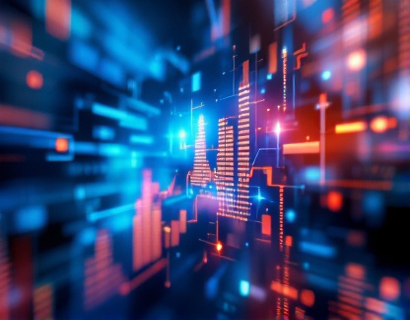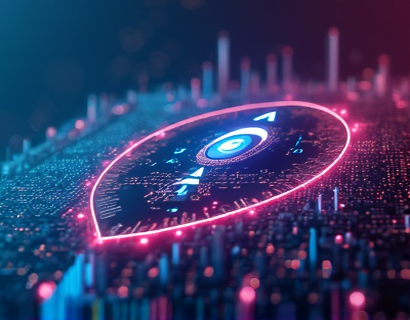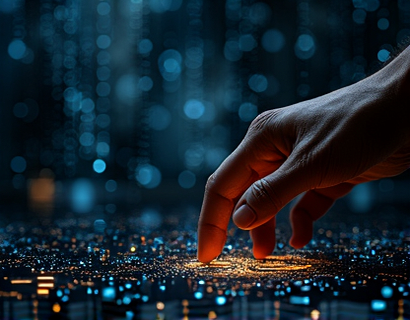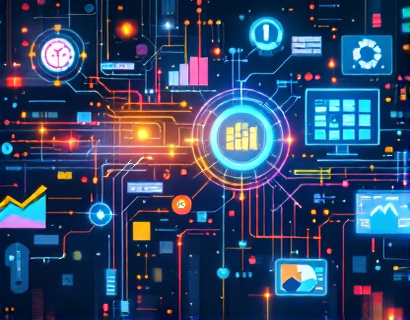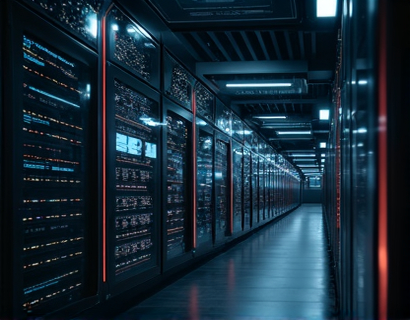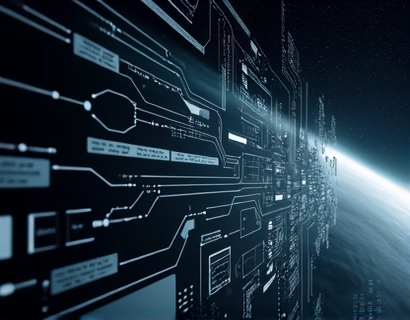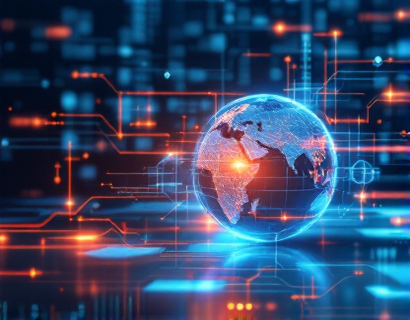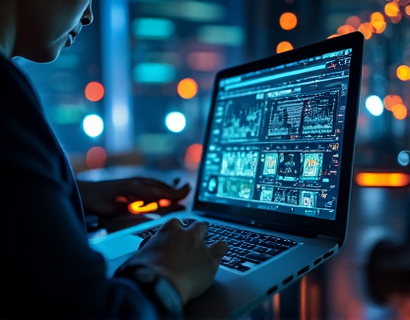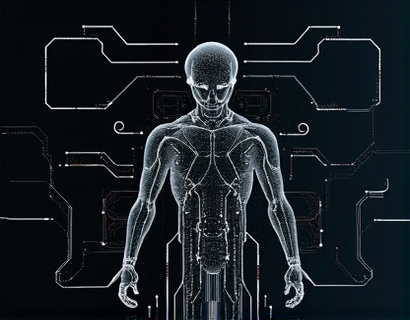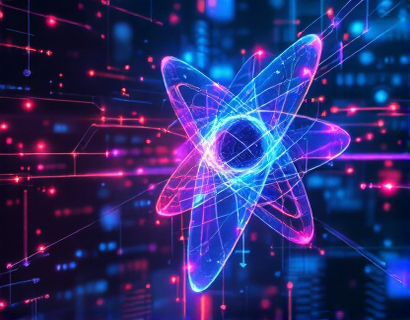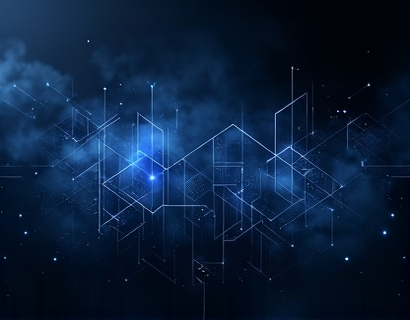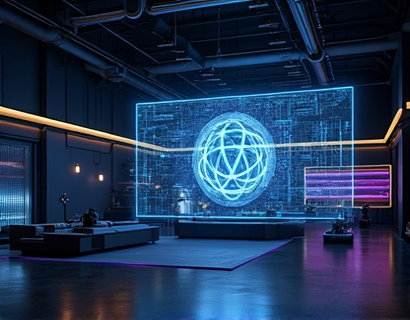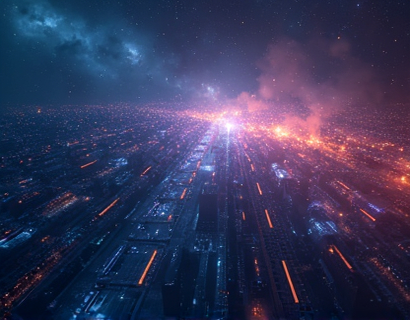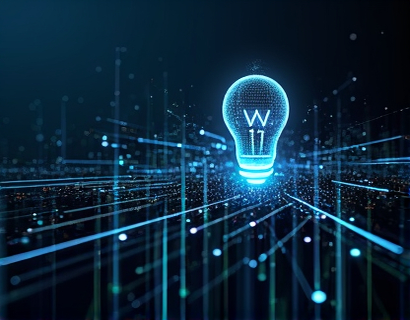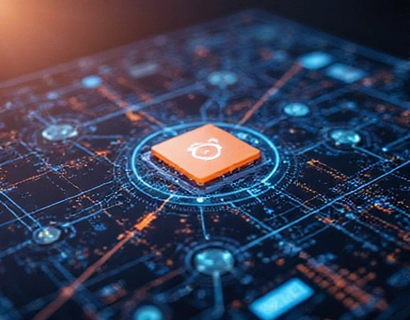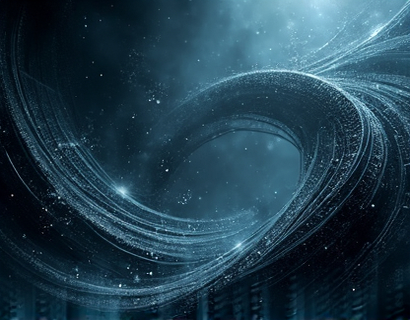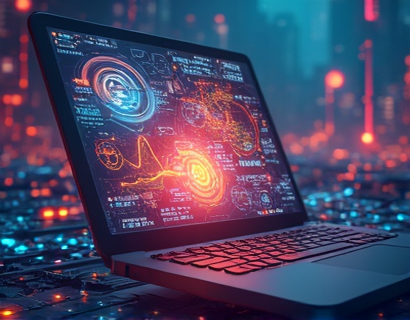Decentralized AI: Revolutionizing Ucosystem Applications with Crypto Innovation
The integration of decentralized technologies with artificial intelligence (AI) is ushering in a new era of digital innovation. This convergence is not just a technological advancement but a paradigm shift that promises to revolutionize how we interact with digital applications and services. By leveraging the power of blockchain and AI, developers are creating decentralized applications (dApps) that enhance productivity, simplify daily tasks, and ensure greater security and transparency. This article delves into the transformative impact of these technologies, exploring the latest advancements and the future of digital innovation.
The traditional centralized model of software development and application deployment has several inherent limitations. Centralized systems rely on a single point of control, which can become a bottleneck and a target for cyber attacks. Moreover, these systems often lack transparency and user control over personal data. Decentralized AI, on the other hand, distributes these functions across a network of nodes, eliminating single points of failure and enhancing security. This decentralized approach also empowers users by giving them more control over their data and interactions.
Understanding Decentralized AI
Decentralized AI combines the strengths of both blockchain technology and machine learning. Blockchain provides a secure, transparent, and tamper-proof ledger for data storage and transactions, while AI brings intelligent decision-making and automation. The synergy between these two technologies creates a robust framework for building applications that are not only more secure but also more efficient and user-friendly.
One of the key components of decentralized AI is the use of smart contracts. Smart contracts are self-executing contracts with the terms of the agreement directly written into code. They automate and enforce the rules of an application without the need for intermediaries. In the context of AI, smart contracts can manage data access, model training, and inference processes, ensuring that all actions are transparent and verifiable.
Enhancing Productivity with Decentralized Tools
The convergence of decentralized AI and blockchain technology is transforming the way we work. Decentralized tools and platforms are emerging that leverage AI to streamline complex tasks and boost productivity. For instance, decentralized collaboration platforms use AI to optimize workflows, automate repetitive tasks, and provide real-time insights. These platforms ensure that team members can collaborate seamlessly, regardless of their physical location, while maintaining data integrity and security.
Another area where decentralized AI is making a significant impact is in the field of content creation and management. AI-driven content generation tools, powered by decentralized networks, can produce high-quality content while ensuring that intellectual property rights are respected. These tools can help content creators manage their assets, track usage, and monetize their work more effectively.
Simplifying Daily Tasks with AI Assistants
AI assistants are becoming increasingly sophisticated, thanks to decentralized AI. These assistants can perform a wide range of tasks, from scheduling appointments and managing emails to providing personalized recommendations and insights. Decentralized AI assistants store data across a network of nodes, ensuring that user information is secure and private. Users have full control over their data and can choose how and when it is used.
One of the most compelling aspects of decentralized AI assistants is their ability to learn and adapt based on user interactions. By leveraging decentralized data sources, these assistants can provide more accurate and relevant suggestions, enhancing the user experience. For example, a decentralized AI assistant can analyze a user's calendar, emails, and other digital footprints to suggest optimal times for meetings or remind them of important tasks.
Security and Privacy in Decentralized AI
Security and privacy are paramount in the realm of AI and digital applications. Decentralized AI addresses these concerns by distributing data and processing power across a network, reducing the risk of centralized data breaches. Each node in the network contributes to the overall security, making it extremely difficult for malicious actors to compromise the system.
Moreover, decentralized AI ensures that user data remains under the control of the user. Data is encrypted and stored in a decentralized manner, and users can grant or revoke access to specific applications as needed. This level of control empowers users and builds trust in the technology. In contrast, centralized systems often face criticism for mishandling user data and lacking transparency in data usage.
Case Studies and Real-World Applications
Several real-world applications demonstrate the potential of decentralized AI. One notable example is decentralized finance (DeFi) platforms, which use AI to optimize trading strategies and manage risk. These platforms operate on blockchain networks, ensuring transparency and security in financial transactions. AI algorithms analyze market data and provide insights to users, helping them make informed decisions.
In the healthcare sector, decentralized AI is being used to develop predictive models for disease diagnosis and treatment. By analyzing vast amounts of medical data stored on a decentralized network, AI models can identify patterns and predict outcomes with high accuracy. This approach not only improves patient care but also enhances research by providing access to a broader dataset.
Challenges and Future Prospects
Despite the numerous benefits, the adoption of decentralized AI faces several challenges. One of the main hurdles is scalability. Current blockchain technologies often struggle with high transaction speeds and significant energy consumption. However, ongoing research and development are addressing these issues, with new consensus mechanisms and blockchain architectures promising greater efficiency.
Another challenge is the user adoption curve. Decentralized technologies can be complex and require a certain level of technical understanding. Educational initiatives and user-friendly interfaces are essential to bridge this gap and make decentralized AI accessible to a broader audience.
The future of decentralized AI is bright, with continuous advancements in both AI and blockchain technologies. As more developers and organizations embrace this paradigm, we can expect to see more innovative applications across various industries. The integration of decentralized AI with other emerging technologies, such as the Internet of Things (IoT) and 5G, will further enhance its potential, leading to a more connected and intelligent world.
In conclusion, the convergence of decentralized AI and cryptocurrency innovation is revolutionizing the digital landscape. By leveraging the strengths of both technologies, we are witnessing the creation of more secure, transparent, and user-centric applications. As this field continues to evolve, it holds the promise of transforming how we interact with technology and simplifying our daily digital tasks.




